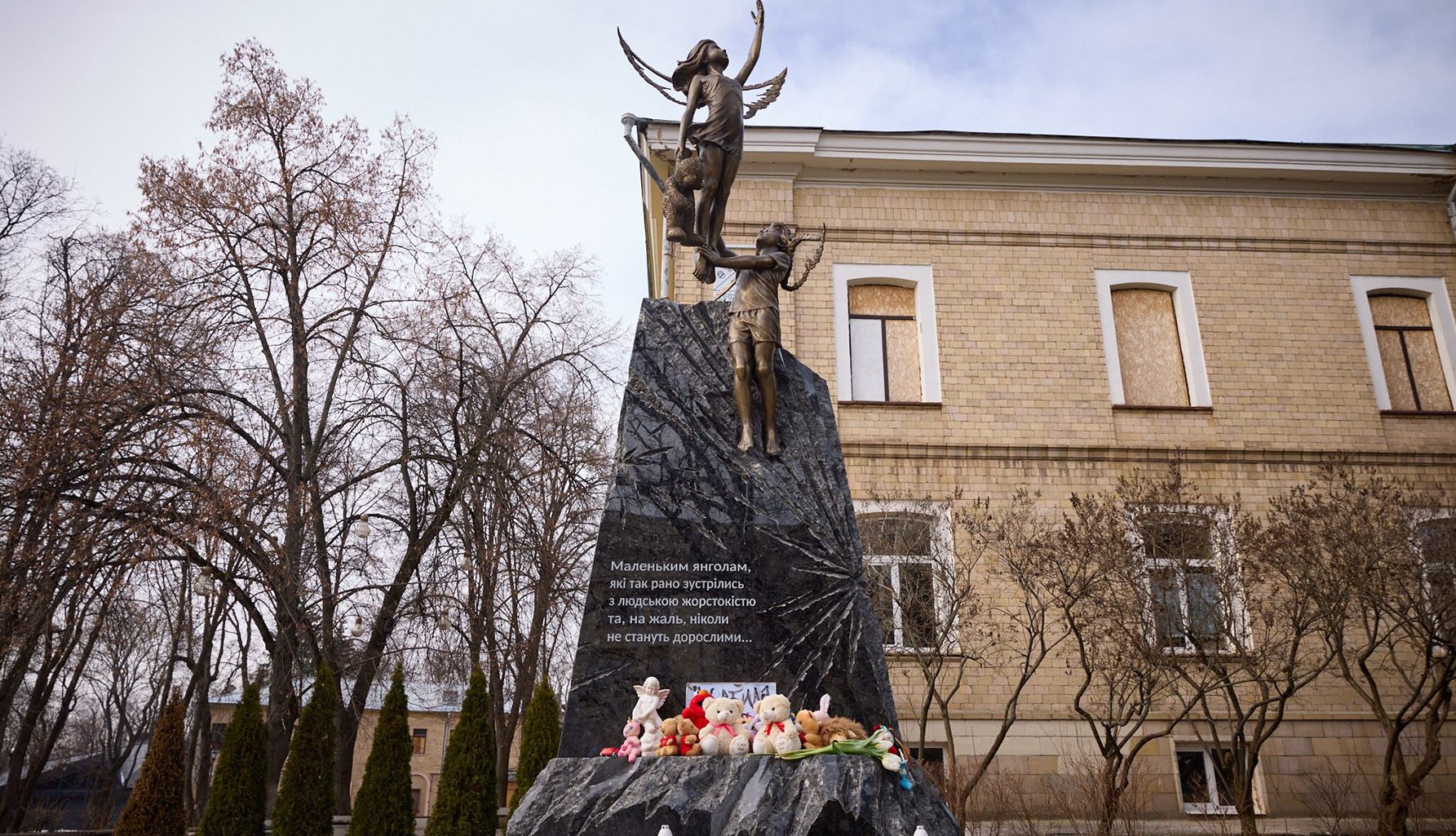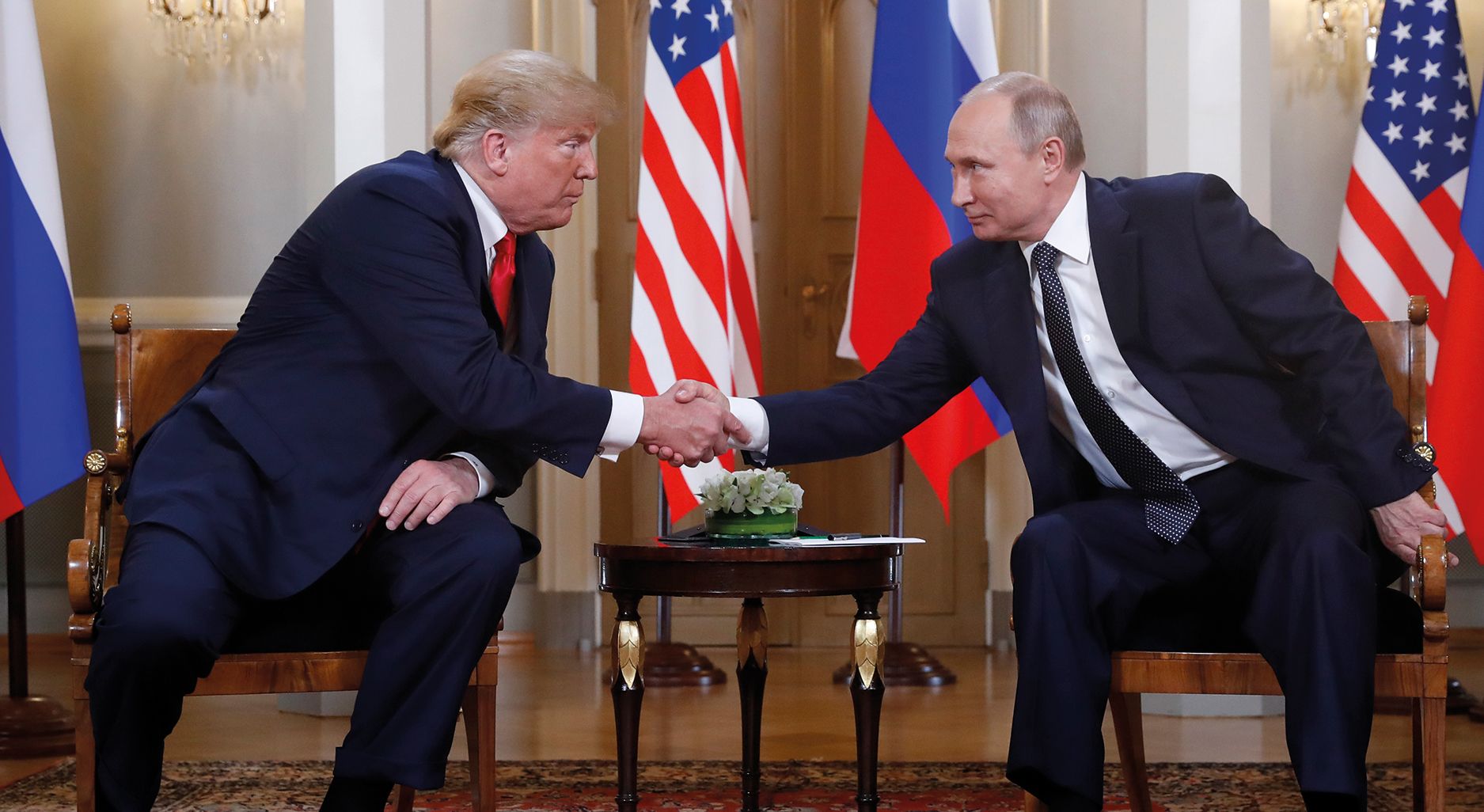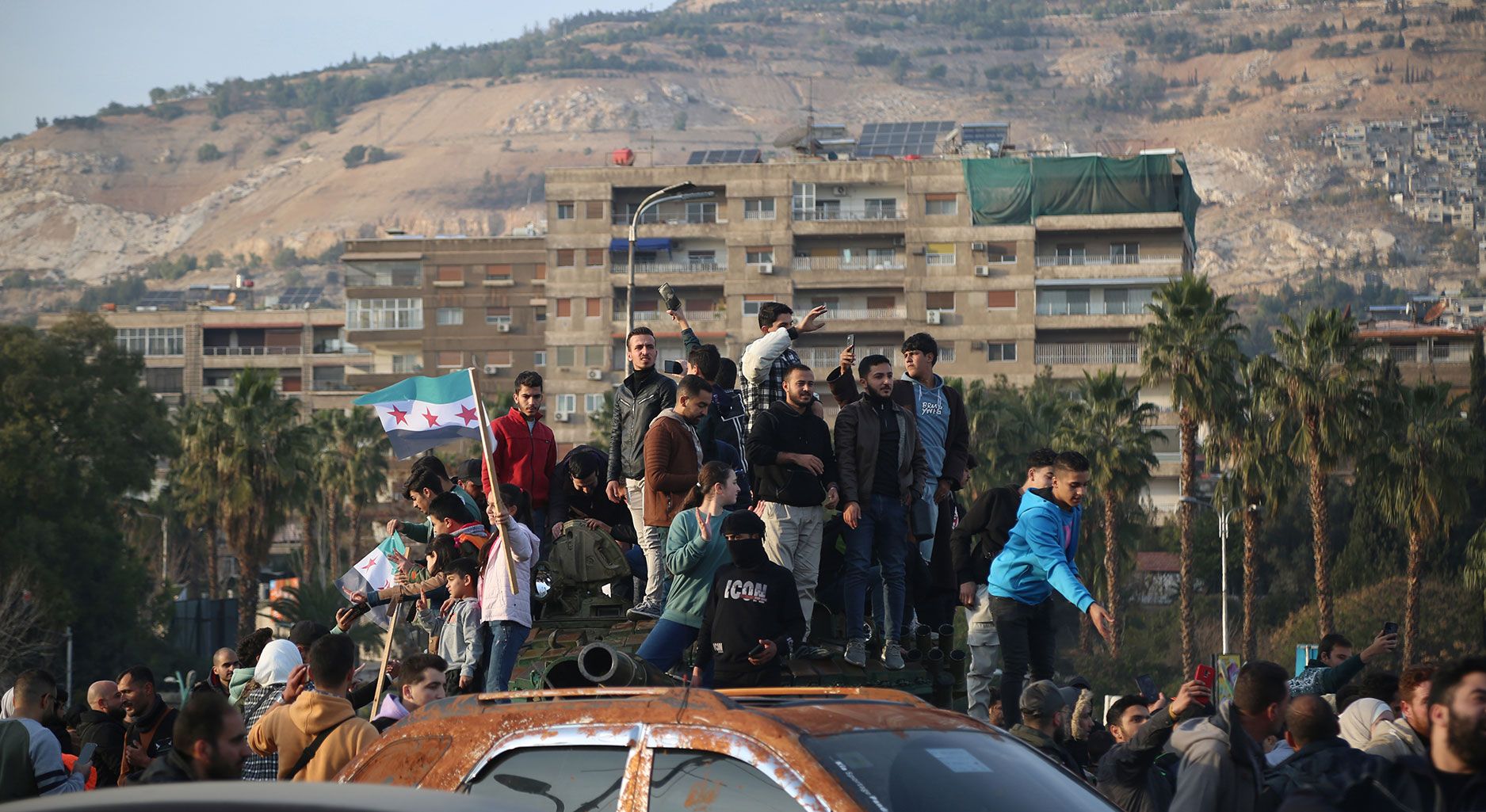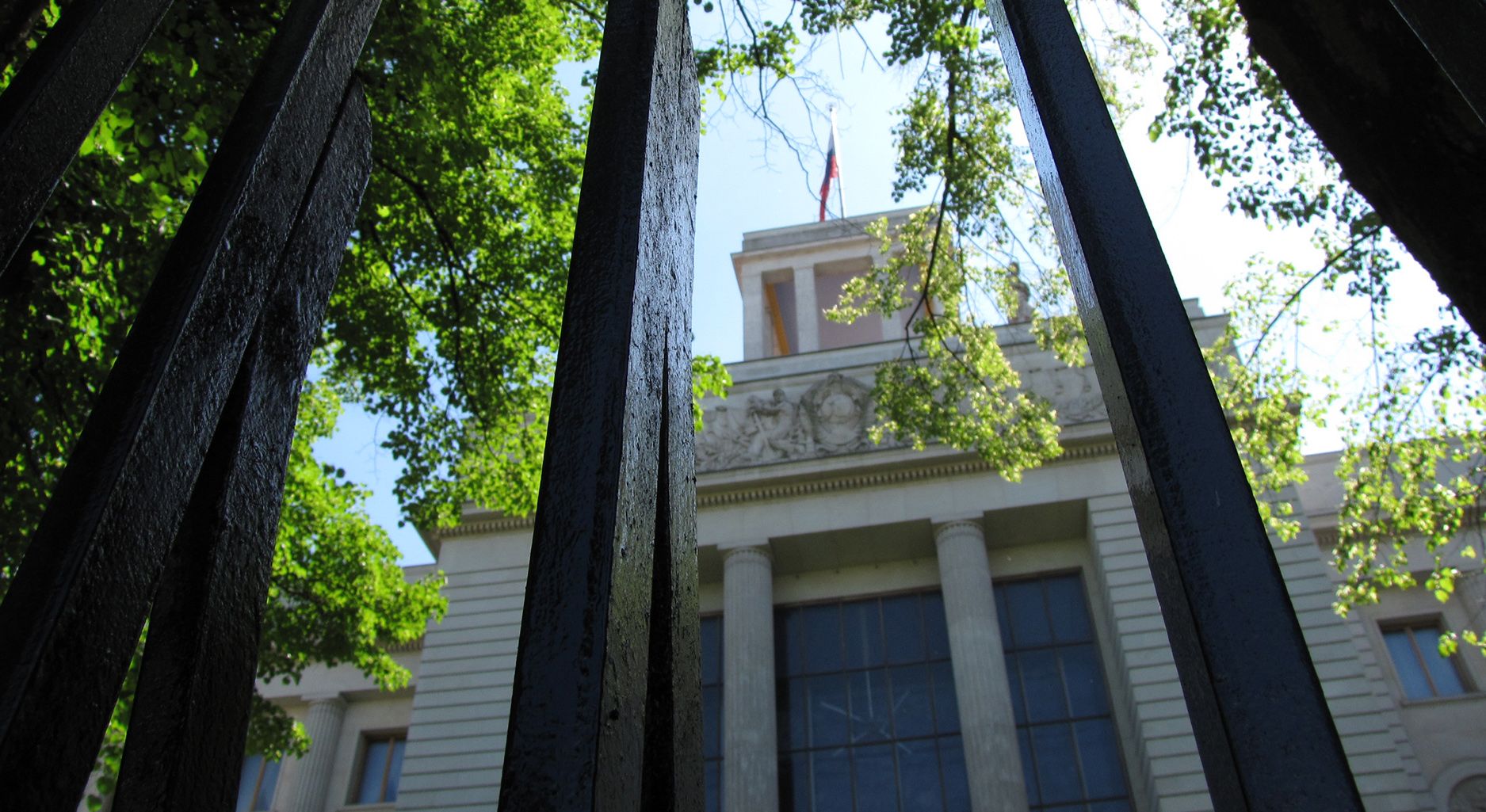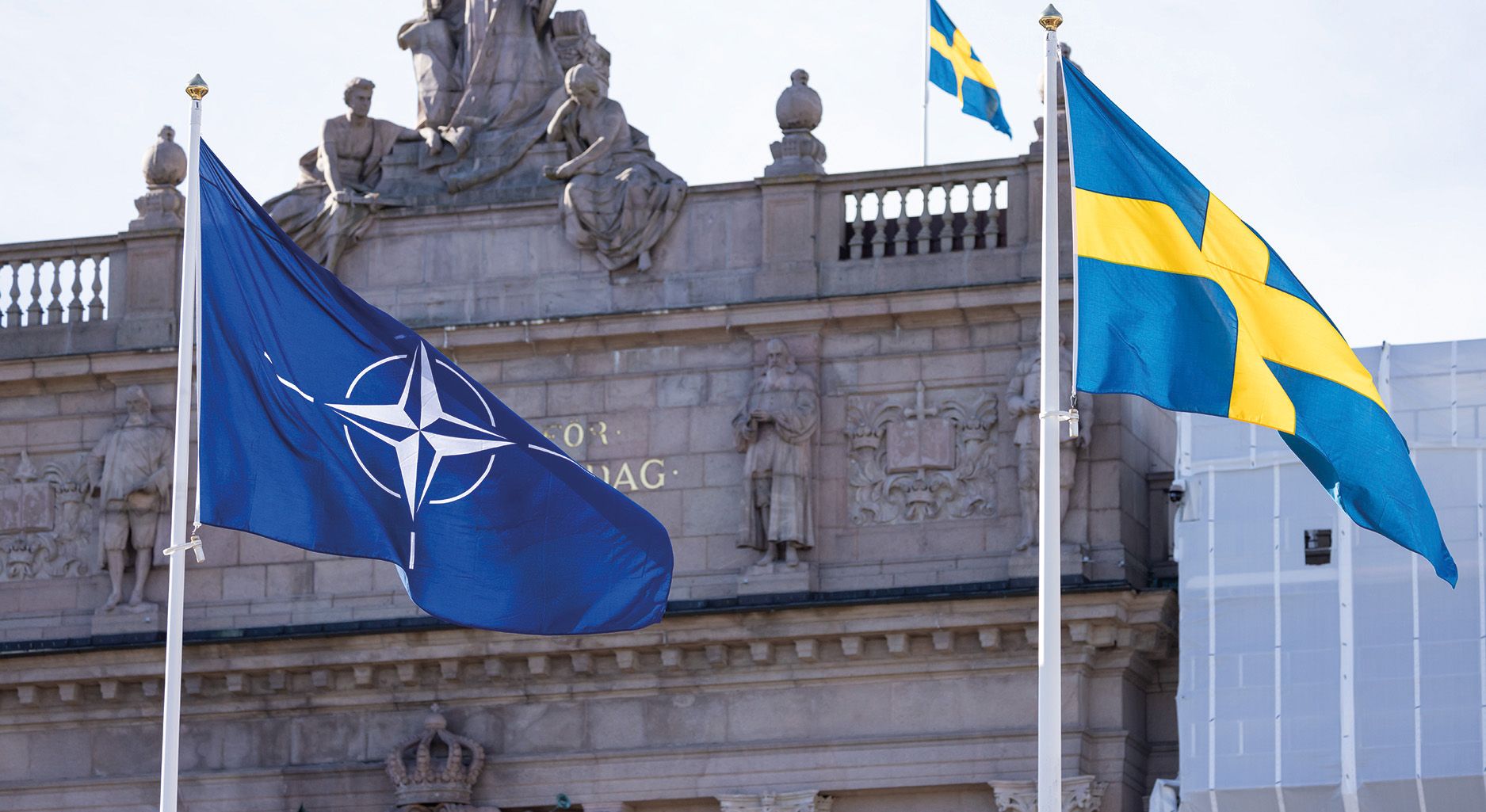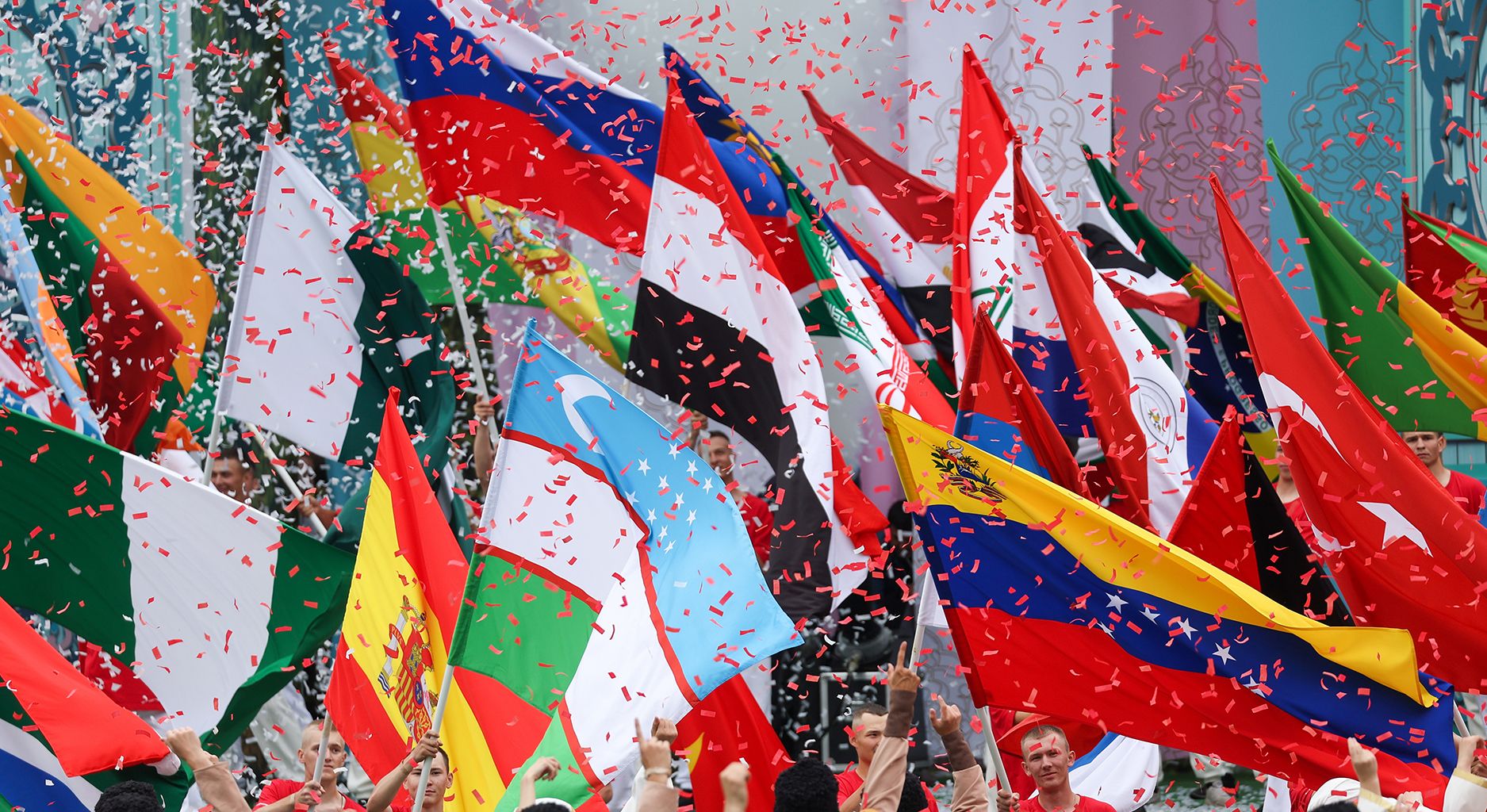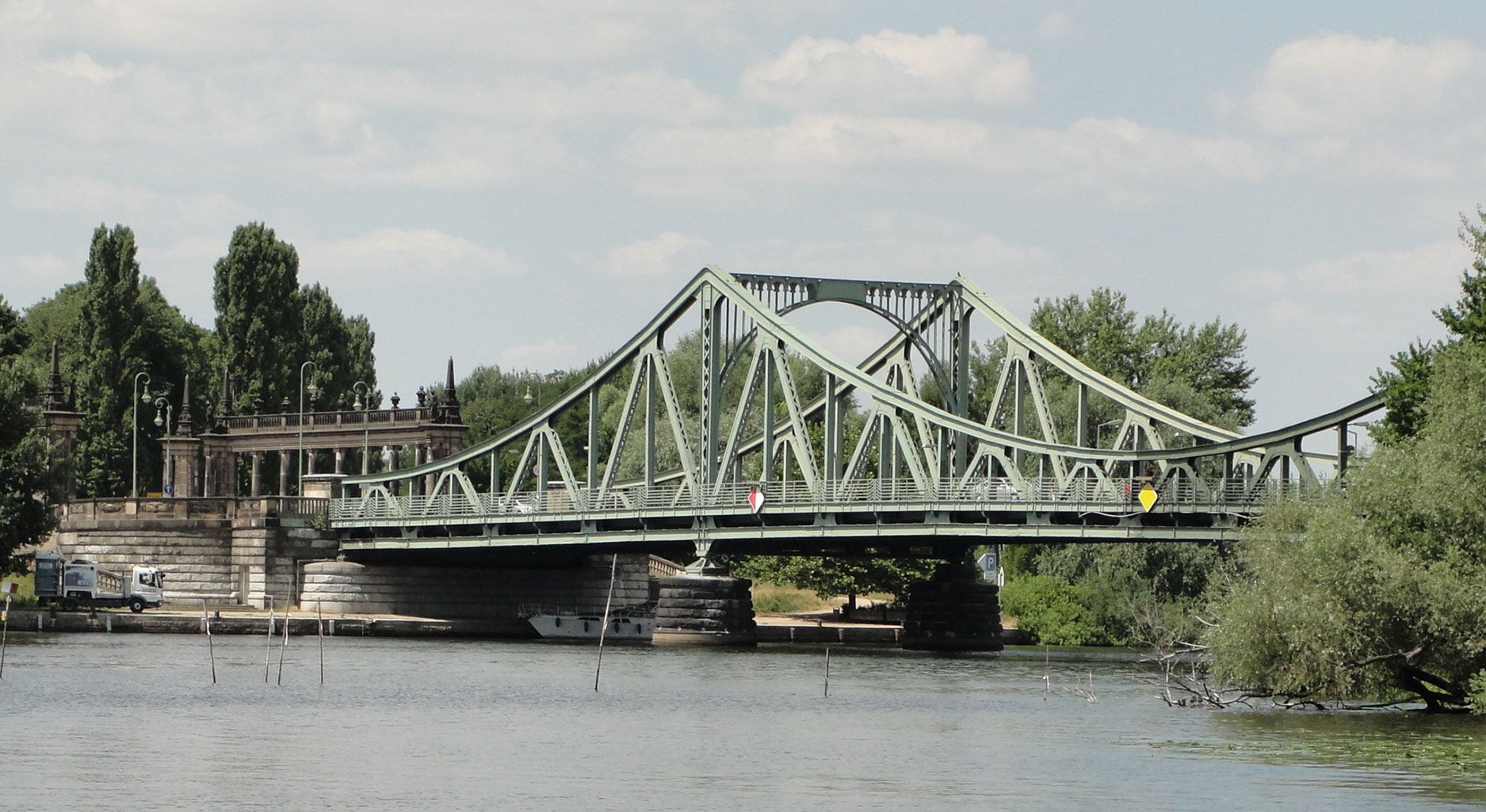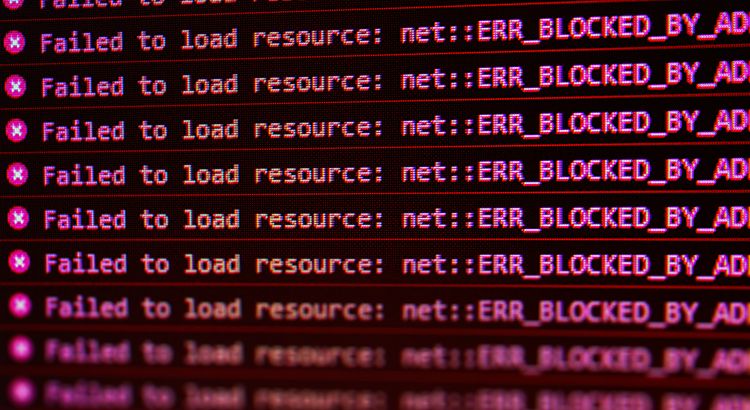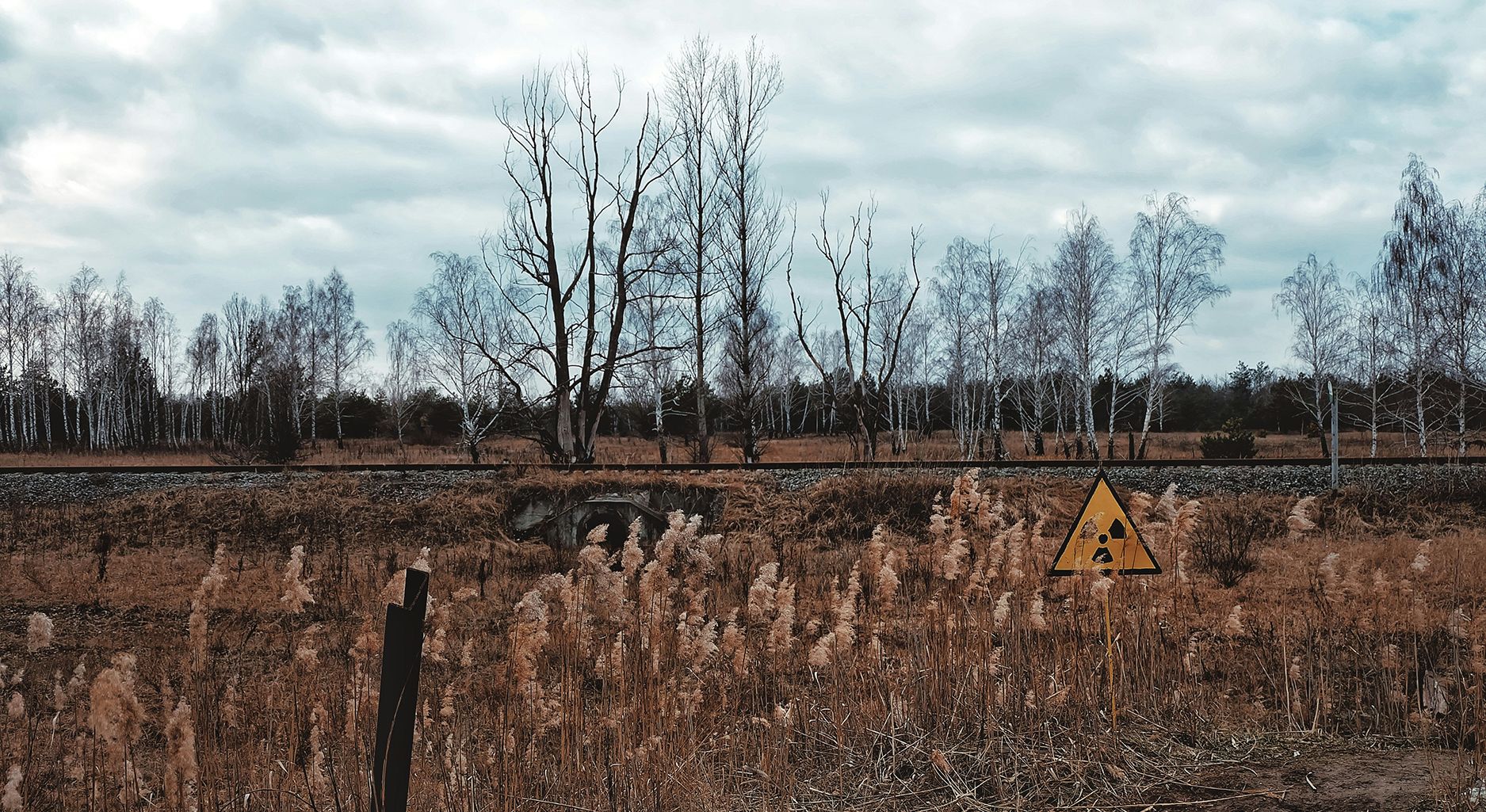Tag: Russia
Kein Krieg prägt derzeit die europäische Politik so sehr wie die russische Aggression gegen die...
Reducing Nuclear Threats: Why Talks on Ending the War in Ukraine Should Include Agreements on Nuclear Risk Reduction
As the new U.S. administration pivots toward negotiating a ceasefire in the Ukraine war, the...
Syrien: Blitzoffensive der islamistischen Rebellenallianz stürzt Assad
Eine Blitzoffensive der islamistischen Rebellenallianz markiert das Ende des Assad-Regimes. Ende...
Von Verflechtung zu Koexistenz: Abgrenzung als Friedensstrategie nach dem Krieg gegen die Ukraine?
Krieg ist kein unvermeidbares Schicksal und eine friedliche Welt ist möglich – dieser Optimismus...
Sweden’s Accession to NATO: What Is behind the Decision?
Russia’s war against Ukraine has echoed in Northern Europe and in the Arctic, where Russia is one...
In the Run-Up to the BRICS+ Summit: Russia’s BRICS+ Soft Power Offensive in Fashion and Sport
Isolating Russia is a key element of the West’s response to Russia’s war of aggression against...
Ein ungewöhnlicher Gefangenenaustausch: Win-Win oder ein gefährlicher Präzedenzfall?
Der am 1. August 2024 in Istanbul durchgeführte Austausch von insgesamt 26 Personen zwischen...
EU-wide Bans of Russian Media Outlets – More Than a Political Signal?
On May 17th, 2024, the European Council adopted a new package of EU sanctions directed against...
Segmentierung des Cyberspace? Chinas und Russlands Decoupling-Bestrebungen und ihre Konsequenzen
Seit einigen Jahren zeichnet sich ein besorgniserregender Trend ab: Autoritär geprägte Staaten...
A Green Recovery for Ukraine: How to Avoid the Trap of Green Colonialism?
The environment is not a silent victim in Russia’s war against Ukraine; the long-term threats for...
